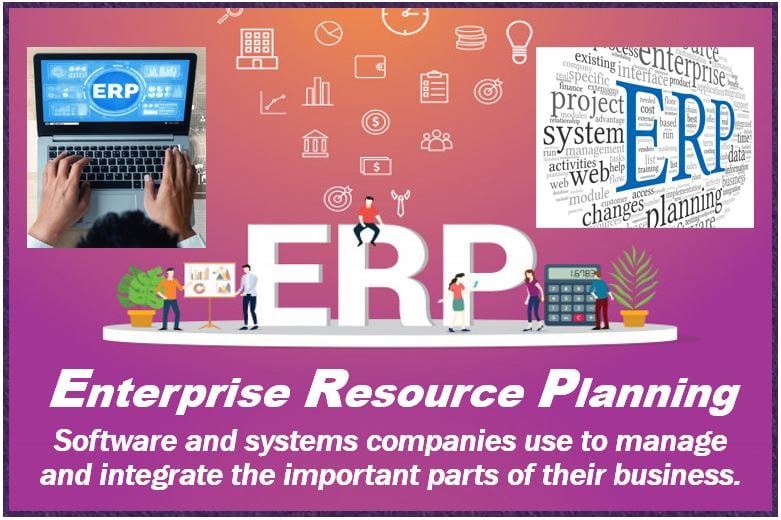
In today’s fast-paced digital age, corporations across the United States increasingly recognize the importance of integrating their Enterprise Resource Planning (ERP) systems with their overarching information technology (IT) strategies. This integration is not just about the technical connection but also the business connection. As a result, many are turning to specialized consulting companies that understand this crucial link.
ERP systems, such as Acumatica, Microsoft Dynamics, and Netsuite, are the backbone of many corporations, streamlining operations and ensuring seamless data flow. However, selecting an ERP administration vendor is a decision that IT leadership should not take lightly.
Critical Criteria for Selecting an ERP Administration Vendor
- Deep Understanding of Business and IT Integration: The vendor should have technical expertise and a profound understanding of how ERP solutions can drive business outcomes.
- Experience with Multiple ERP Platforms: Given the diversity of ERP systems, a vendor’s experience with platforms like Acumatica, Microsoft Dynamics, and Netsuite is crucial.
- Proactive Approach to Security: With increasing cyber threats, the vendor should prioritize security, ensuring the ERP system is robust and secure.
- Customization Capabilities: Every business is unique, and the vendor should be capable of customizing the ERP solution to fit the corporation’s specific needs.
- Strong Support and Training: A vendor should provide comprehensive support and training to ensure that the corporation’s staff can use the ERP system effectively.
Industry Insights
Jeremy Kushner with BACS Consulting Group emphasizes the importance of the business-IT connection. He states, “ERP is not just an IT tool; it’s a business enabler in the modern business landscape. Companies need a partner who understands this and can bridge the gap between technology and business strategy.”
Robert Giannini with GiaSpace echoes this sentiment, highlighting the importance of customization. “Every corporation has its unique challenges and goals. An effective ERP administration vendor should recognize this and offer tailored solutions, not one-size-fits-all packages,” says Giannini.
Glenn Kemp with Clear Concepts underscores the importance of security. “In an age of increasing cyber threats, security cannot be an afterthought. It’s imperative to choose a vendor who prioritizes the security of your ERP system as much as its functionality,” Kemp notes.
Conclusion
Outsourcing ERP administration to a consulting company that understands the intricate connection between IT systems and ERP solutions is a strategic move for corporations across the US. By considering the criteria mentioned above and seeking insights from industry experts, IT leaders can make informed decisions that will drive their businesses forward in this digital age.
Interesting Related Article: “What is Manufacturing ERP (Enterprise Resource Planning)?“








